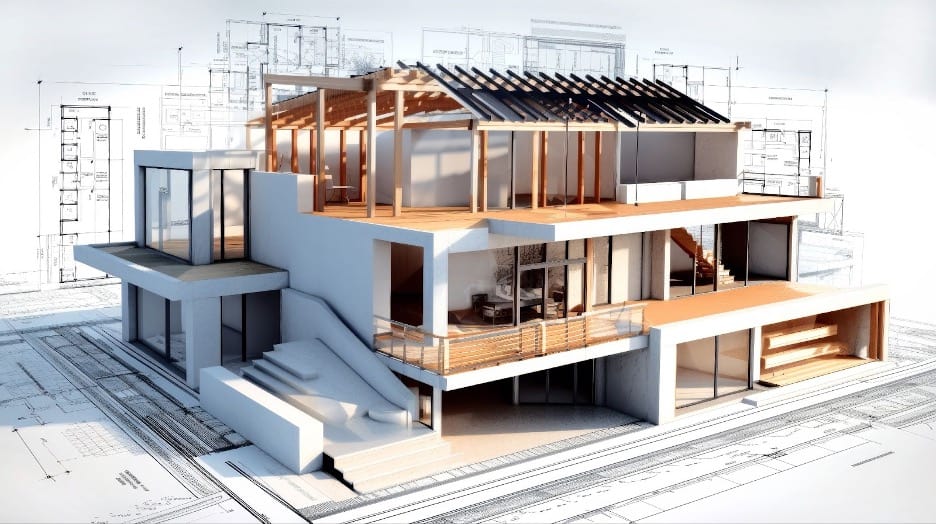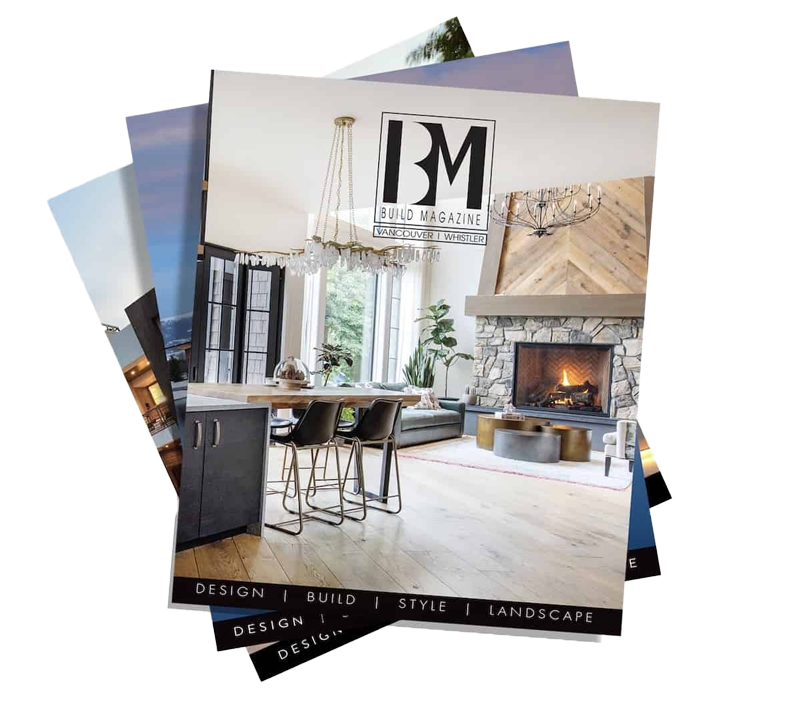
10 New Building Technologies to Watch
1. MODULAR CONSTRUCTION
Modular construction is gaining popularity due to its efficiency and cost-effectiveness. This approach involves constructing building modules off-site and then assembling them on-site, reducing construction time and minimizing disruptions. With modular construction, you can achieve faster project completion, improved quality control, and reduced material waste.
2. 3D PRINTING
3D printing technology has made significant strides in the construction industry. It enables the creation of complex building components and structures with precision and speed. By utilizing 3D printing, construction professionals can reduce material waste, lower labor costs, and explore creative and sustainable design possibilities.
3. BUILDING INFORMATION MODELING (BIM)
Building Information Modeling (BIM) is a digital representation of a building project, integrating 3D models, data, and documentation. BIM enables collaboration among various stakeholders, streamlines communication, and facilitates efficient project management. With BIM, you can enhance design visualization, clash detection, and optimize resource allocation.
4. AUGMENTED REALITY (AR)
Augmented Reality (AR) technology is transforming the construction industry by overlaying virtual information onto the physical environment. AR applications allow architects, engineers, and contractors to visualize and analyze building designs in real-time, leading to improved decision-making, enhanced project coordination, and reduced errors.
5. INTERNET OF THINGS (IOT)
The Internet of Things (IoT) has immense potential in the construction industry. By connecting various devices and systems, IoT enables real-time data collection, monitoring, and automation. IoT-based solutions can enhance building performance, optimize energy consumption, improve safety, and enable predictive maintenance.
6. ADVANCED MATERIALS
Innovative materials are revolutionizing the construction industry by offering improved durability, energy efficiency, and sustainability. For instance, self-healing concrete can repair cracks automatically, while transparent solar panels can generate electricity without compromising natural light. Embracing these advanced materials can enhance the longevity and environmental impact of your construction projects.
7. ROBOTICS AND AUTOMATION
Robots and automation are increasingly being integrated into construction processes to improve efficiency, precision, and safety. Robotic systems can perform tasks such as bricklaying, concrete pouring, and material transportation, reducing labor-intensive work and enhancing productivity. Automation technologies also enable the integration of off-site and on-site construction activities.
8. ENERGY-EFFICIENT SOLUTIONS
With a growing focus on sustainability, energy-efficient solutions are gaining prominence in the construction industry. Technologies like solar panels, smart lighting systems, and energy management systems can significantly reduce energy consumption and operational costs. Incorporating these solutions into your projects can lead to long-term savings and a smaller carbon footprint.
9. PREFABRICATED CONSTRUCTION
Prefabricated construction involves manufacturing building components off-site and assembling them on-site. This approach offers several benefits, including faster construction, reduced waste, improved quality control, and cost savings. Prefabricated construction is particularly advantageous for projects with tight timelines or those located in remote areas.
10. GREEN BUILDING DESIGN
Green building design principles prioritize sustainability and environmental responsibility. Features such as passive solar design, rainwater harvesting, and green roofs can optimize energy use, conserve water, and promote healthier indoor environments. By embracing green building design, you can contribute to a more sustainable future while enjoying benefits like reduced operating costs and enhanced occupant comfort.
The construction industry is undergoing a remarkable transformation with the advent of these 10 new building technologies. From modular construction and 3D printing to IoT and green building design, these advancements offer immense potential for improving construction processes, enhancing sustainability, and creating more efficient and comfortable living spaces.
GET AHEAD OF THE TREND
By embracing these technologies in your next construction project, you can reap numerous benefits. These include faster project completion, cost savings, improved quality control, reduced material waste, enhanced energy efficiency, and a smaller environmental footprint. Moreover, integrating these technologies enables better collaboration among stakeholders, streamlined project management, and smarter decision-making.
To stay ahead of the curve, it is crucial for construction professionals to embrace these new building technologies and explore their potential applications. As the industry continues to evolve, it is essential to remain adaptable and open to innovation. By leveraging these advancements, you can position yourself at the forefront of the construction industry and deliver projects that are efficient, sustainable, and future-proof.
At Build, we understand the significance of staying informed about the latest building technologies.
You may also like
Indoor Multi-Sports Simulators
The fun (& games) never stop! Want to improve upon your favorite sports passion, but it’s
Desert Design Week Returns: A Celebration of Art, Architecture, and Innovation
Design lovers, mark your calendars! Desert Design Week is returning to the Valley from April 3–12,
Finishing Touches with Indoor House Plants & Succulents
Bringing Nature Indoors by Annie Allard Your new build or remodel is complete. The art and photograp




